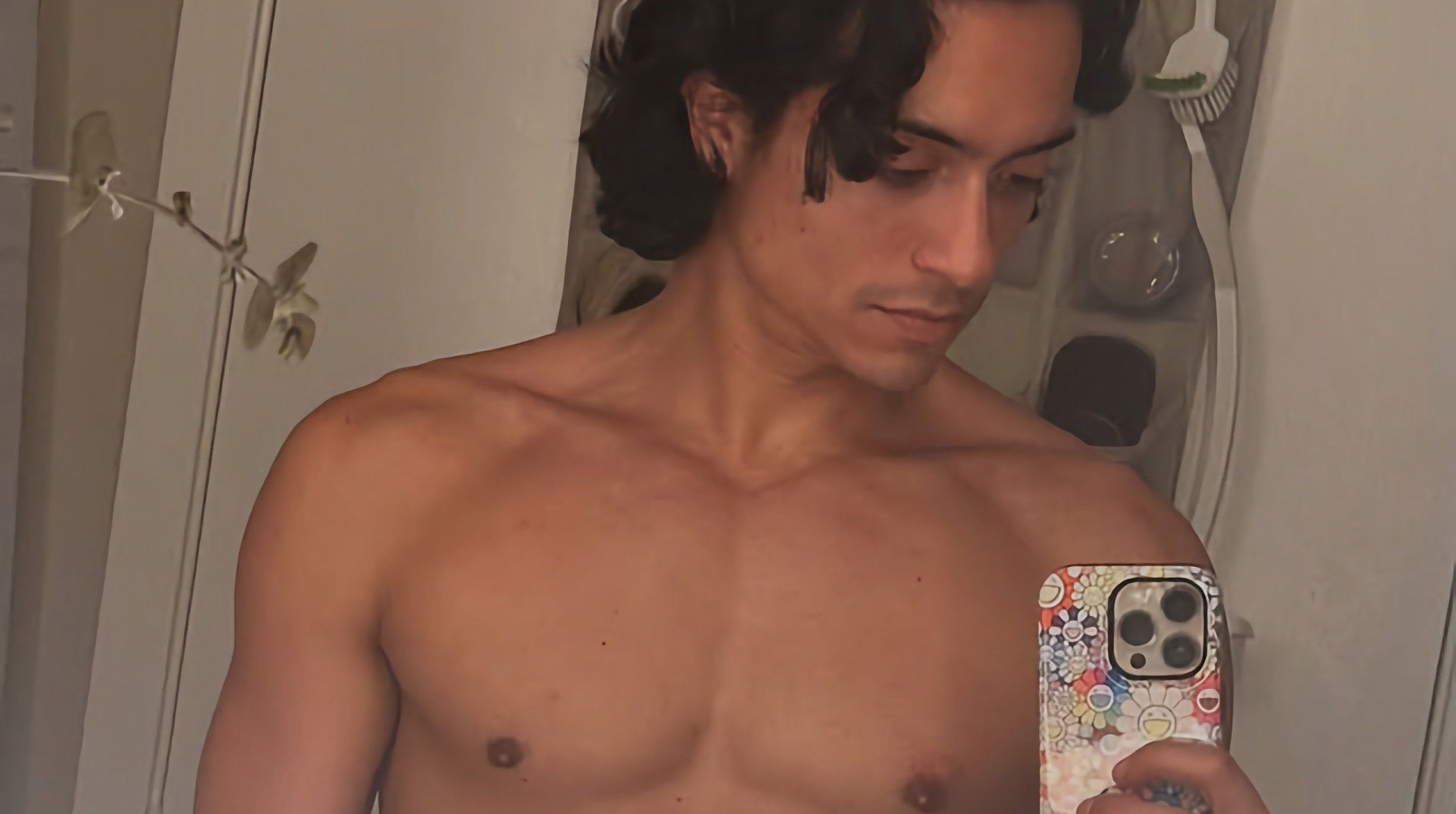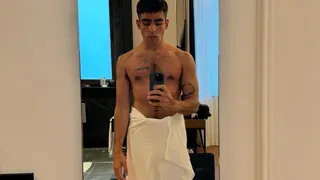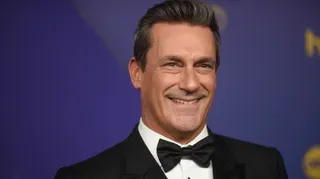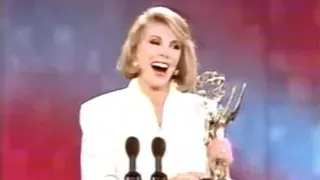September 11, 2023
TIFF Journal 2023: 'Orlando, My Political Biography' & 'The Human Surge 3'
C.J. Prince READ TIME: 6 MIN.
The chaotic first days of an international festival aren't an ideal time to grapple over queer representation on screen, yet that's exactly the position I found myself in after watching Paul B. Preciado's "Orlando, My Political Biography." The documentary premiered earlier this year at Berlin in the Encounters programme, which the festival describes as showcasing "aesthetically and structurally daring works from independent, innovative filmmakers." After receiving several awards and near-unanimous critical praise, it now makes its way to TIFF in the festival's Wavelengths programme, a section dedicated to experimental and avant-garde works.
So it was surprising to watch "Orlando, My Political Biography" and find it to be so conventional. Preciado, a writer and philosopher, opens with narration about how Virginia Woolf's novel "Orlando" – where an English poet lives over centuries and, at one point, changes genders from male to female – doubles as his own biography. Since Woolf wrote his biography before he was born, Preciado decided to construct his directorial debut as a correspondence to Woolf after her death. He recruits 27 trans and non-binary people, including himself, to play the eponymous role while talking about their own lives. The revolving door of subjects allows Preciado to use an episodic structure that lets him change things up on a scene-to-scene basis.
While the film is playful, in terms of form it's hardly adventurous. For every glimmer of something interesting, like a psychiatrist's waiting room turning into a dance party, or sex change surgery applied to Woolf's own book (with surgeons cutting out and swapping lines of text), Preciado frames and contextualizes all of it within the basic elements of a documentary: Talking head interviews, musical montages, frequent narration, and other choices more aligned with expository docs. The dry presentation and repetitive interviews makes the film run out of steam early on, and it is perfectly content to settle into a formal monotony that does it no favors.
The issues with Preciado's film point to bigger problems I have with queer portrayals in the arts. "Orlando, My Political Biography" takes the subject of people who do not conform to societal norms and puts it in a standard, conformist package. From the start, Preciado's direction feels like a compromise, a friendly effort to provide a joyous celebration of trans and non-binary existence on the terms of the status quo. The fact that the film played a festival like Telluride, which caters to rich Oscar voters, speaks to the film's "accessibility" within certain affluent, middlebrow circles.
I do not find this approach to be especially interesting. Broadly speaking, queer identity exists in opposition to social, political, and institutional norms built, maintained, and perpetuated to oppress anyone not in alignment with them. I do not see a purpose in catering to established standards that are at worst actively hateful or oppressive, and at best apathetic to change anything out of fear it may no longer benefit them. I do not see a use for creating something palatable to people who need to be dragged kicking and screaming just to give up a scrap of what they have. Preciado's film, which is undoubtedly meaningful to many within and outside the queer community, reads to me as a sign of progress towards tolerance rather than acceptance.
In looking for a film that does portray queerness in a more unconventional manner, I didn't have to look much further than Eduardo Williams' "The Human Surge 3," which also plays in this year's Wavelengths programme. A thematic sequel to Williams' 2016 film "The Human Surge," this third part establishes its own way of doing things starting with the title; there is no second "Human Surge," Williams simply skips ahead to number three. The first film followed young people in Argentina, Mozambique, and the Philippines, with globalization and the internet's role in accelerating it as connective tissue between each storyline. This time, Williams looks at groups of young adults (some of them queer identifying) in Sri Lanka, Peru, and Taiwan, who spend their days hanging out and wandering aimlessly around their towns.
"The Human Surge 3" was shot entirely with 360-degree cameras, which Williams then played back in a VR headset to edit the film before stitching it into a flat, widescreen format. The result of that innovative approach is a film that doesn't look like anything that's come before it. Parts of the frame distort people and their surroundings, and the constantly roaming camera hovers above its characters in wide shots where the edges skew in different directions. And before anyone can adjust themselves to the imagery, Williams throws in a curveball when the characters in all three countries intersect in unexpected ways. Characters from one country suddenly appear among groups of characters in other countries, with everyone interacting in their own respective languages. A conversation might have one character speaking Tamil and the other speaking Spanish, but both sides understand each other perfectly.
It's disorienting in the best way, and those willing to go along with "The Human Surge 3" should start to pick up on the themes Williams wants to touch upon. Rather than take a direct approach to portraying the ways our lives have been altered by the internet's dominance over almost everything, Williams uses technology as a tool to abandon the familiar within narrative filmmaking. "The Human Surge 3" doesn't realistically depict this way of living, at least not in a direct way. It embodies these experiences and emotions through its creation of a fluid, borderless, and dreamlike space, one with a permeable and ever-changing texture.
While watching "The Human Surge 3," I thought about how well it translated the direct, yet fleeting, nature of online relationships, and how the strangeness of its hopping back and forth through time and space isn't so far removed from the ways people can connect and build online communities from every part of the world. The breaking down of literal and figurative borders, from geography to language and identity, allows ideas to float in and out of the film at whatever pace any viewer wants. Queerness isn't the single focus in Williams' film, but it's one of several aspects central to his ideas around finding new, wholly original ways of using the cinematic form. It's a film that leaps headfirst into the future, without hesitation, and dares viewers to join them. I'll be surprised if any other film at TIFF shakes me up as much as this one did.







